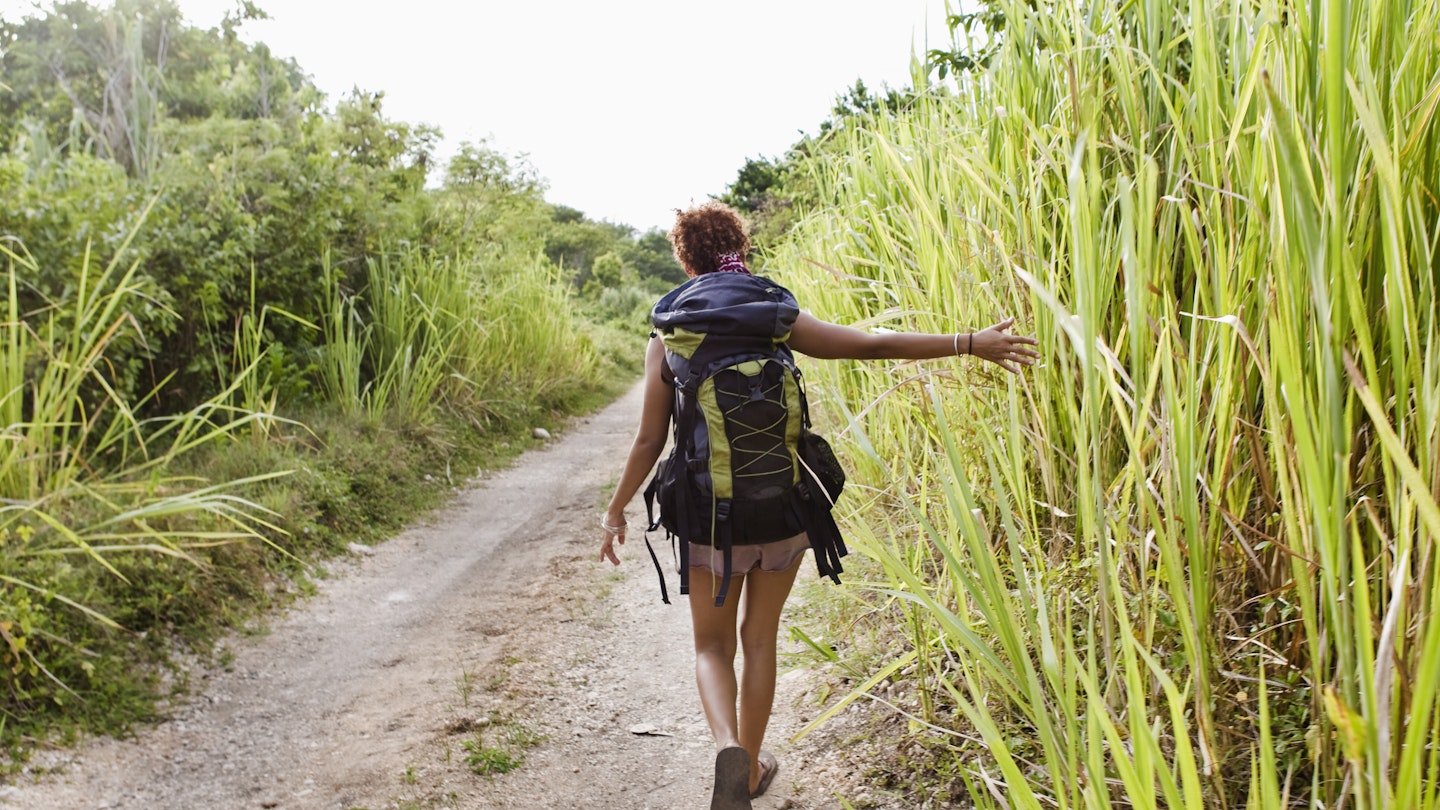How to Travel Ethically with iBestTravel
As travel starts to slowly open up again in some parts of the world, many are considering how to improve the ethics of their trips. This is explored in Tread Brightly: Notes on Ethical Travel, which features essays from diverse writers. The importance of creating an active exchange in our travels, along with reflecting on our power and privilege, can guide us toward making more ethical choices.
The Allure of Travel
Whether it’s visiting world-renowned Parisian museums, hiking through the Grand Canyon, or exploring the ancient temples in Cambodia, numerous tourists flock to these remarkable destinations. Travel can be awe-inspiring and serves as a temporary escape that enriches our understanding of different cultures. However, this experience leaves an impact, both on travelers and the locations we visit.

The Privilege of Travel
Travel presents an array of significant experiences; however, they often raise questions about tourism’s influence on destinations and how privilege affects who gets to travel. While travelers gain personal benefits, these often come at a cost to the environment, local culture, and community well-being. Pollution, cultural dilution, overcrowding, and residents struggling with rising costs can be consequences of unchecked tourism.
Thus, how can travelers benefit from their adventures while minimizing negative impacts? Are there alternatives to typical tourist spots like the Louvre? We can transform travel from a mere act of consumption into a meaningful exchange, aiming for greater ethical practices.

Understanding Ethical Travel
According to Jeff Greenwald, executive director of Ethical Traveler, “Ethical travel really is simply mindful travel.” It involves being aware of the destinations you visit, understanding your impact, and recognizing where your finances are ultimately directed. Furthermore, it is about representing your home country positively rather than reinforcing negative stereotypes.
Moreover, Greenwald emphasizes the importance of not just awareness; he advocates for proactive steps to minimize your impact, support local economies, and actively engage with local communities.
The Shift in Travel Mindsets
Before the global pandemic, international tourism had seen rapid growth, with 1.5 billion travelers venturing abroad for leisure in 2019. This surge was driven by economic stability, a burgeoning middle class, and streamlined travel experiences. Despite the downturn caused by COVID-19, a notable trend emerged: more travelers desired to adopt ethical practices in their adventures.

A 2019 study revealed that approximately 80% of American travelers expressed a desire to adopt more ethical practices in their future travel plans. Interestingly, 39% admitted feeling “travel guilt” due to previous practices that could be deemed unethical. This awareness, propelled by personal research and impactful documentaries, has encouraged a shift towards more conscientious choices.
Defining Ethical Travel
While ethical travel is often conflated with responsible travel, it encompasses various interpretations. For some, it may mean establishing meaningful connections with locals, while for others, it could involve minimizing their environmental footprint. Some opt to avoid certain destinations altogether, reflecting their intentions for ethical tourism.

For Jonathan Day, an associate professor of sustainable tourism at Purdue University, ethical travel is interwoven with one’s social and environmental responsibilities. “Ethics is essentially about doing the right thing,” he asserts, highlighting the need for conscientious travel choices.
In conclusion, navigating the landscape of ethical travel encompasses reflection on how we engage with different cultures, the narratives we adopt, and the choices we make. As you embark on your next travel adventure, you can prioritize connections and respectful interactions, fostering meaningful experiences for both yourself and the communities you visit.




